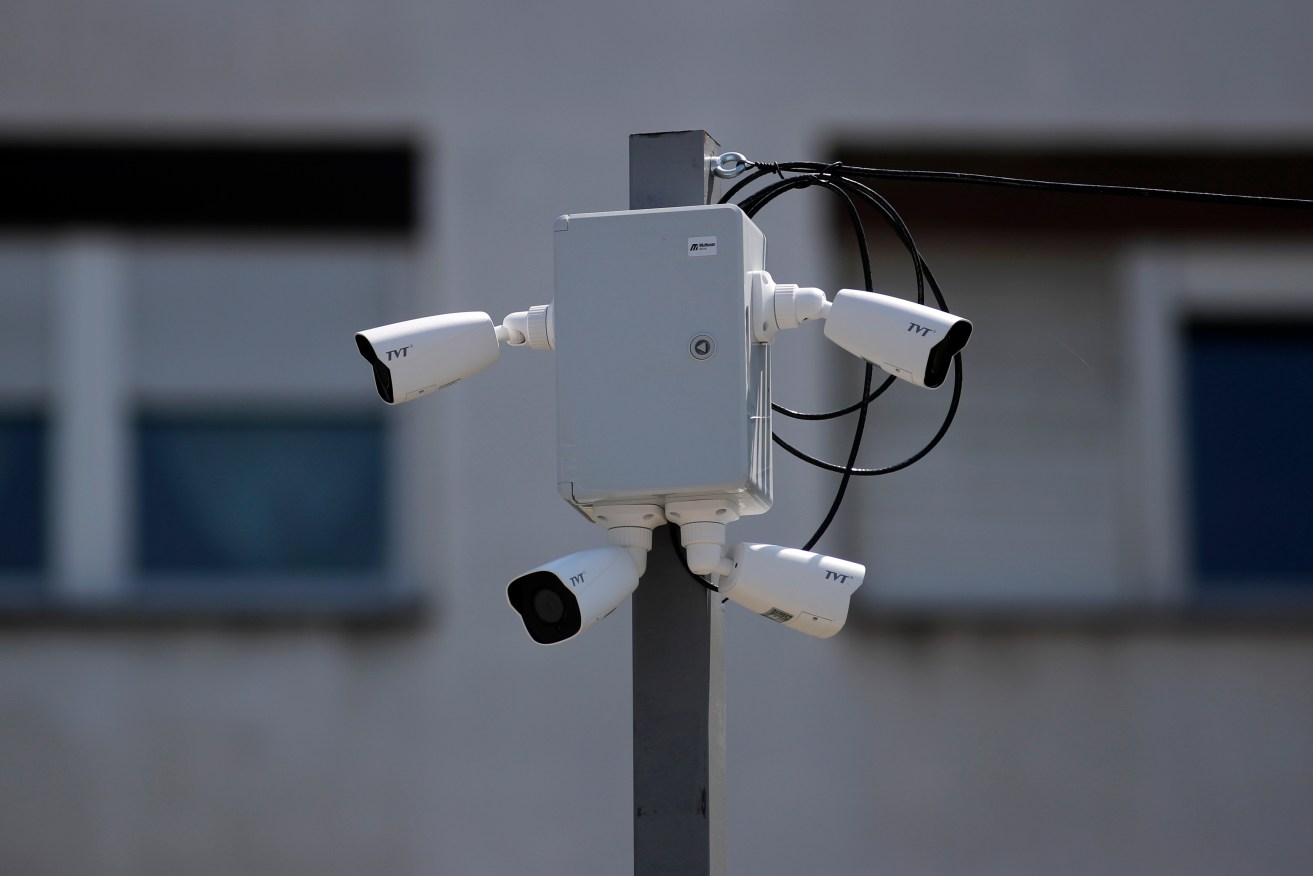Facial recognition push “nothing to do with mass surveillance”: Dutton
Peter Dutton is pushing on with controversial plans for facial recognition after suffering a major setback in federal parliament.

Photo: AP/Darko Vojinovic
The home affairs minister wants government agencies, banks and phone companies to use the technology.
Critics have warned it could lead to a mass surveillance scheme.
Parliament’s powerful intelligence and security committee has blocked the legislation, telling the government to put stronger safeguards in place.
Dutton has confirmed he will continue to push for the laws.
“Of course we will, it’s nothing about mass surveillance,” he told the Nine Network on Friday.
“It’s about making sure that we can protect Australians who have their identities stolen.”
Dutton acknowledged the bipartisan committee had problems with the draft laws.
“The department will sort that out with them and it will become legislation,” he said.
Driver’s licence, passport and visa images would be stored by the Department of Home Affairs Under the plan.
Agencies and some private companies could then seek access to the data.
Liberal chair of the committee Andrew Hastie stressed the need for robust safeguards and appropriate oversight to be clearly explained in the legislation.
“Wanting to ensure the safety and security of all Australians is something that we all have in common, but we also need to protect citizen’s rights while doing so,” he told parliament on Thursday.
The proposed identity matching services laws were agreed in a meeting of all Australian state and territory leaders in 2017.
Five states have since introduced the complementary legislation.
The federal government first introduced its legislation in February 2018, but it was reintroduced in July after lapsing at the election.
-AAP
Want to comment?
Send us an email, making it clear which story you’re commenting on and including your full name (required for publication) and phone number (only for verification purposes). Please put “Reader views” in the subject.
We’ll publish the best comments in a regular “Reader Views” post. Your comments can be brief, or we can accept up to 350 words, or thereabouts.
InDaily has changed the way we receive comments. Go here for an explanation.




